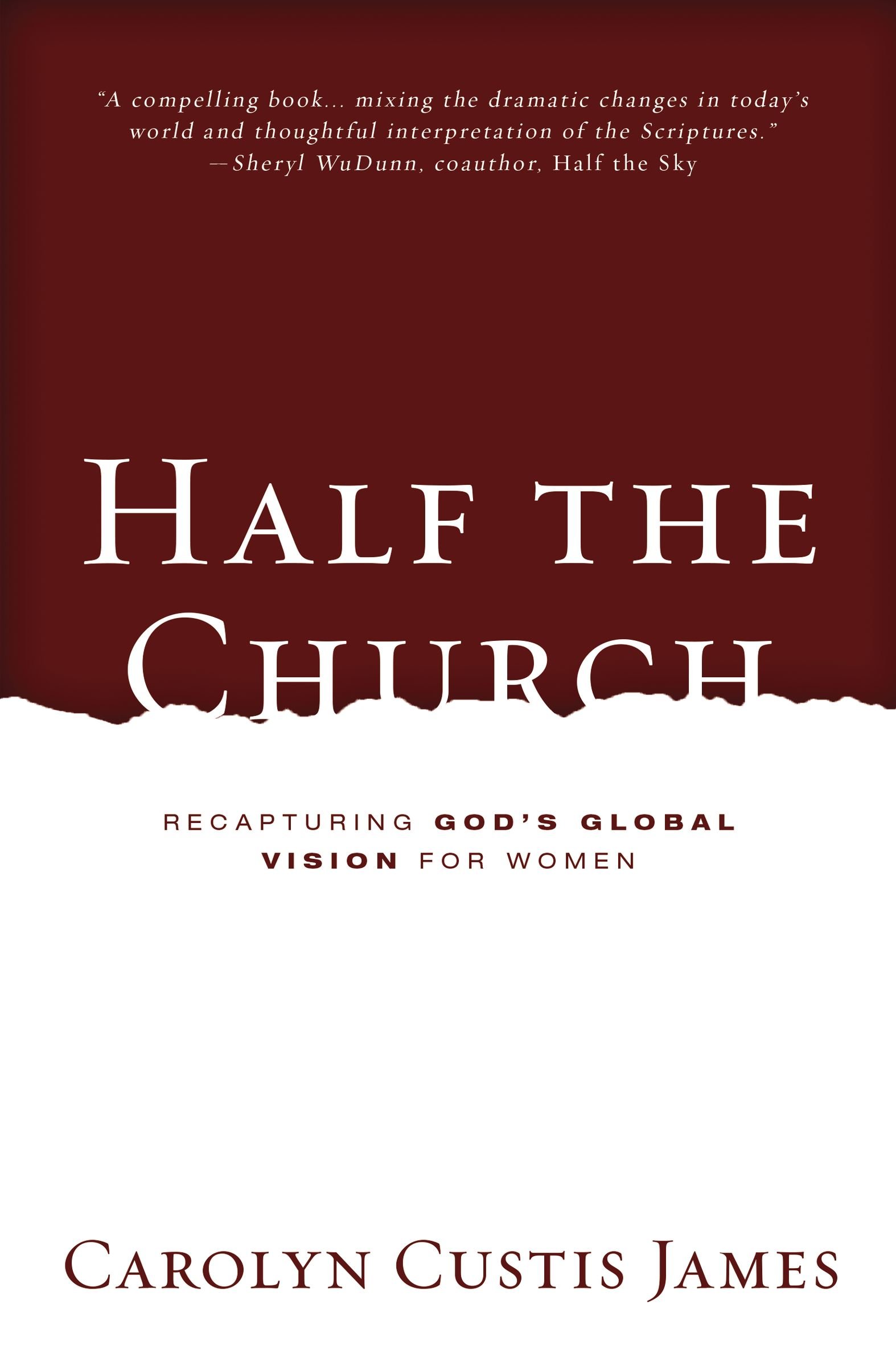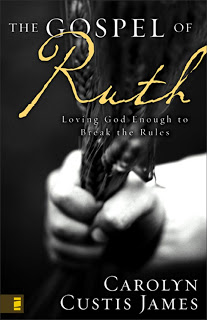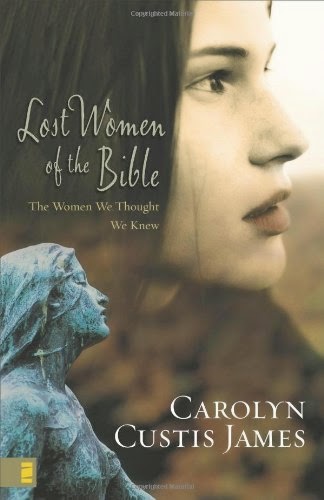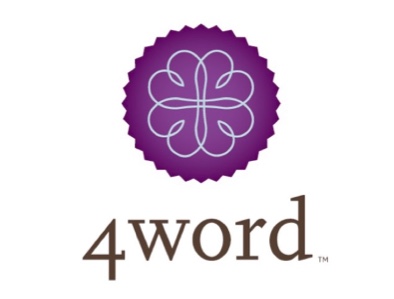
One of the lessons we learned quickly when we moved to Florida was that hurricane warnings are serious and call for decisive action. Recent tornado disasters in the central U.S.A. underscore the fact that storm warnings must be taken seriously.
So whenever Florida officials started sounding the alarm of an approaching hurricane, we stocked up with batteries, flashlights, non-perishable food, bottled water, bathtubs filled with more water, and knew which room in the house was the safest place in which to hunker down.
The year three hurricanes came barreling through Orlando and left a hole in our roof, we spent a few nights sleeping in the closet. I never will forget the sober look on my seven-year-old daughter’s face the first time she watched Frank reinforcing the windows.
Hurricanes are scary!
Last week, things got scary again when “This Can of Worms Must be Opened” pried the lid off the spiritual abuse can of worms, and I realized we are looking at the makings of the perfect storm.
Combine individuals possessed of authority and power (who, as we noted last week, are often oblivious to their capacity for spiritual abuse) with individuals spiritually conditioned to submit to authority. Then add devotees/enablers who (out of a misguided sense of loyalty to the person in power and the desire to curry their favor) turn a blind eye to abusive behavior and may even defend it. Suddenly you have ideal conditions for spiritual abuse to bluster up and thrive unchecked.
It is the perfect storm.
The discussion of spiritual abuse isn’t academic for me. It bears the faces of women I know—many are close friends of mine. Trust me, I’m not eager to hear more stories of wounds and injuries and women fleeing the church with no intention of returning—not if I or we together can do something to stop it.
Spiritual abuse is no laughing matter. Like an infection, it has a way of spreading. It is a card-carrying member of a collection of appalling abuses (emotional, verbal, sexual, physical, domestic, the list goes on) that inflict catastrophic damage on human lives and communities. Tragically, one form of abuse can escalate to another and, if allowed to persist, can inadvertently give permission for others to abuse.
None of these abuses have any place among the people of God, although to our shame all of them are present among us in shocking numbers. They must be rooted out, and we cannot rely on others to step up to do the uprooting.
Abuse is a denial of the gospel—which calls us, not to maintain power and control over others, but to use whatever God-given powers we possess to bless and promote the flourishing of others.
Abuse is the antithesis of what it means to follow Jesus—who emptied himself for the sake of others when he could have commanded legions of angels to destroy his enemies. Instead, he died for us.
Abuse is an overt rejection of God’s vision for his image bearers—it works against the forging of men and women into the Blessed Alliance God commissioned to look after things in this world on his behalf.
I am profoundly heartened by the growing numbers of resources and counseling experts addressing this crisis by helping us detect, intervene, and recover both the perpetrators and sufferers of spiritual abuse. Last week’s blog and comments included links to numerous helpful resources and the fact that significant progress is being made.
But I want to do more. No one facing a storm like this should be content with merely dealing with the damage after the fact. We need to be asking what we can do up front to see that abuse doesn’t happen. The problem of spiritual abuse is complex, I know. Abuses can be perceived but not real, real but unintentional, and deliberate and cruelly sinister. What I’m interested in pursuing now is what we can do to prevent it.
I realize spiritual abuse occurs in all kinds of settings and relationships and that both men and women are found among the abusers and among the abused. I want to narrow this discussion to spiritual abuse among Christians in leadership, particularly as men in spiritual leadership abuse women. That’s the main scenario I’m seeing. I suspect whatever gets said will be helpful in addressing other scenarios.
So I’m planing at least six more posts to continue this conversation with the goal of trying to figure out what we can do to stop the abuse from happening in the first place. Dr. Phil Monroe has again agreed to participate.
Here are the topics, along with questions I’m asking to move us forward to preventive action:
- The Abuser: Who are spiritual abusers? Why are they often unaware that their actions are abusive? How can we raise awareness up front to guard ourselves and others from committing abusive actions—intended or not?
- The Triggers: What prompts spiritual abuse? What are the typical triggers? What power structures allow for spiritual abuse?
- The Abused: What makes a person vulnerable to a spiritual abuser? Why are they unaware (at least at first) that the behavior they’re encountering is spiritual abusive? Why aren’t they equipped to stand their ground when it starts? What can we do to prepare women and girls to detect it, to stop thinking someone else will rescue them, and to stop the abuse themselves before it starts?
- The Underlying Belief System: This one takes us deeper—to the heart of the problem and will be harder for some to consider. But I’m asking you bravely to engage this question: What biblical interpretations have we embraced about leaders and subordinates, about men and women that fuel this crisis, and are we willing to reexamine our own beliefs?
- The Enablers: What behaviors enable spiritual abuse? What prompts people to enable spiritual abuse by ignoring it? Why does loyalty to Christian leaders trump the needs of those who are abused? How do we love the abuser enough to have that awkward but honest conversation? How do we love the church enough to get in the way of abuse and become part of the healing process?
- Moving Toward Prevention:What can we do proactively to stop abuse before it starts? When difficulties, changes, conflicts, and personality clashes arise, how can leaders address and manage them in healthy, constructive ways? What should we say about biblical teaching on authority and submission? What can we do to ensure our place of work is a safe place for everyone? What safeguards can we put in place to embolden people loyal to an abuser (or to an alleged abuser) to be enough of a friend to confront them? What have others done to pre-empt spiritual abuse in their churches or Christian organizations? What concrete initiatives can we launch to prevent this problem from happening within our ranks?
All of this is just talk if it doesn’t lead to concrete action. The Body of Christ is meant to be a sanctuary from harm, not a site where harm occurs with impunity. We can’t just open that can of worms, observe the problem and walk away.
All of this is just talk if it doesn’t lead to concrete action. The Body of Christ is meant to be a sanctuary from harm, not a site where harm occurs with impunity. We can’t just open that can of worms, observe the problem and walk away.
I want to incorporate questions you may have. If you could sit down with Dr. Monroe, what would you ask him?
Here is the complete series on Spiritual Abuse:
- Introduction: Lean In: Seek and Speak Your Truth
- Part 1: This Can of Worms Must be Opened
- Part 2: The Perfect Storm
- Part 3: The Many Faces of Spiritual Abuse
- Part 4: Identifying the Triggers of Spiritual Abuse
- Part 5: Standing Up to Spiritual Abuser
- Part 6: The Underlying Belief System of Spiritual Abuse
- Part 7: The Enablers of Spiritual Abuse … or When Silence isn’t Golden
Dr. Phil Monroe on Spiritual Abuse:
- Spiritual Abuse: What it is and Why it Hurts
- Why Do Some Spiritual Leaders Abuse Power?
- What Factors Support the Use of Spiritual Abuse?
- Four Belief System That Support Spiritual Abuse
- Do You Enable Spiritual Abuse?
- Failures to Act—Why we don’t always blow the whistle on abuse
Also by Frank A. James: Structural Patriarchy’s Dilemma for Women
Mary DeMuth: Spiritual Abuse: 10 Ways to Spot It
Rachel Held Evans: Series on Abuse















What can I do as one not-very-powerful person? I'm one vote drowned out by the blocs and cadres and founding families in my church (which condones spiritual abuse)? Is it fantasy thinking to hope that I can affect change by staying in a church like this?
LikeLike
I am giving you a standing ovation for shining the spotlight on this painful topic. I will be sharing your blog link with people I know who, like me, want to be part of the process of facilitating much needed change in how the church responds in abuse situations. I can highly recommend an excellent book written by an evangelical pastor in Oregon, Jeff Crippen. The book is entitled A Cry For Justice: How the Evil of Domestic Abuse Hides in Your Church. Very-eye opening and loaded with lots of practical information. Awareness is key. It's also critical to understand how abusers can hide quite craftily in the church. We are all to often as innocent as doves . . . but what about becoming as wise as serpents? Thank you, THANK YOU, Carolyn!
LikeLiked by 1 person
I've been struggling with this topic for the last decade, finding the evangelical world promoting unhelpful and sometimes unhealthy gender specific formulas that have put me at risk for emotional and spiritual abuse within my marriage and Church.
I believe that abusers are often people who have come from backgrounds where some type of abuse took place and they consequently don't have an ability for authentic or empathetic relationships. Although they have embraced Jesus and may sincerely want to serve him, they don't realize in what ways they are still too broken to be in leadership roles. Men who grew up being controlled or bullied consequently crave finding a position where they can be in control. The church provides a perfect environment for narcissists and other personality disordered individuals.
These hurting individuals attend seminary, study Hebrew and Greek. Being avoiders, they lack relational maturity and often have disturbed views of reality. they crave accolades and narcisstic supply.
They become theologians rather than Pastors. They worship the Bible and their theological heroes rather than the Jesus who healed the sick and lame. They become Pharisees rather than Jesus followers. They crave having authority and control rather than equipping the saints to become the priesthood of believers.
They are held captive to their childhood pain and without empathy, they have no understanding of their destructive behavior upon others. They usurp the primary redemptive narrative of the Bible and replace it with sin-sniffing Gestapo type tactics to keep parishioners loyal and entrapped within a cult-like pseudo Christianity.
LikeLike
Glad you are opening this “can of worms” The 6 week topics are excellent and I look forward to your insights. This is no small problem. My own experience testifies to much abuse, but frankly few find this an issue. It is biblical and therefore, to confront this at all means you are no longer “biblical”. I do not find very many in power willing to discuss or recognize the abuse that takes place on an every day basis. My question to Dr. Monroe is how does one recover, when even when leaving one church you find it in another? Are there any places of refuge?
LikeLiked by 1 person
Carolyn, I am so grateful for you addressing this issue. Many people involved in the spiritual abuse situation in my life were too involved with their own and each other's egos to do anything to protect the church. Ugh. The dynamics that you and the other commenters identify are really insightful.
Church has the opportunity to lead by example for the world and practice learning the skills of justice, starting with the logs in our own eyes. We should never call people in the world to a higher standard than we are willing to live out in our own context!
I think teaching and learning how to speak the truth in love is really important in preventing and combatting spiritual abuse. Gary Haugen talks about how oppression is caused by bullying and lying – the antidotes are love and truth!
Many times people don't speak up because spiritual abuse is manipulative and confusing – it isn't unless people are trained to recognize abuse and injustice that they can recognize it in their own midst. I wonder if churches could add speaking the truth in love (especially to those in power) to the membership requirements? Taking seriously Jesus' charge to keep watch for bad leaders?
Could something like this along with elders, wisdom, justice training, accountability, healing ministry, and people ready to intervene on others' behalf make a change?
LikeLiked by 1 person
Lori, good question about recovery. Once one has experienced abuse of any kind, it is common to become hypervigilant about even the slightest form of it happening again. So, when victims encounter the same kinds of behavior, even a lesser degree of it, they rightly recoil. But, there is hope because there are those who stand for safety and justice in the church. Yes, it may be hard to find, but it does exist. Start looking for just one person who understands. Recall also that your faith is not in the institution but in the One who is the head of that institution: Jesus Christ. If you find one or two who can stand for truth and love and against manipulation, then you have the makings of a great community. This is essential for recovery–to have voice and safety with others.
Phil Monroe
LikeLiked by 1 person
Anon,
I don't think it is fantasy that one voice can make an impact. If one voice gives one person the courage to stand up and ask questions, then it may be worth it. That said, I would think a person would still need to be discerning whether to it was wise to stay and work within the system or go and speak about the system from the outside.
Phil Monroe
LikeLiked by 1 person
I am not “Anon” but I tried being the solo voice and I paid with my job. Most see “church” as a place they go for an hour or so on most Sundays. They really do not want to get involved much and be required to participate in any sacrificial ways. As long as “church” is a place to go and leave behind after an hour, why would anyone feel a need to hold the leaders within the “church” accountable? I see a real need to know what “church” is and what it is not. When people find out the revolutionary ways of Jesus doesn't have anything to do with power over another or stardom…well…it begins to look very unappealing to bullies and abusers who thrive on those false gods.
LikeLike
Sometimes the solo voice can make a difference, but also your experience, Dr. Dawn, is repeated where people lose their jobs if they don't fall in line. The Internet opens the door for single voices to multiply as we join together to speak out against abuses. There's room for hope.
LikeLiked by 1 person
So many good insights into this issue. When it comes to speaking out or not, that becomes a very difficult decision. Most church leadership is not geared to hear the 'voice' of one congregant.
Most people end up voting with their feet and going elsewhere since the stress of trying to speak the truth in love becomes overwhelming. Further, when church leadership does not understand or takes offense, the congregant is in a deeper mess.
The ideal would be that one could simply bring their concerns forward and that they would be heard, then some positive action taken. The reality in so many places is that the congregant is 'the problem'. There is no room for differing opinions and people are marginalized, maligned, or shown the door!
LikeLiked by 1 person
As a woman married to a minister, and having been abused in all other forms in my family of origin, I can speak from experience that spiritual abuse happens to pastors by some of the congregants who do not happen to agree with the pastor's sense of call or prophetic ministry to the church. It happened to my husband when he became an interim in a church that was in disarray. Certain congregants ganged up on him at a men's breakfast, and after worship his first Sunday at the church. They told him to leave because he didn't believe like they did and he was not wanted, nor would he be supported in his ministry at that church. My husband went to the board, described what had happened, and the board supported him by going to these certain congregants and telling them to “back off” as some temporarily stepped out of the church. As we continued to live in the community, we were more and more considered to be targets for verbal, emotional and spiritual abuse running amok. When the called pastor finally came, we left the community shortly thereafter and “shook the dust off our sandals and moved on.” It was a very hurtful experience for both of us, as well as for those who wholeheartedly supported us for what we were offering the church in the way of truth-telling.
A woman married to a minister
LikeLiked by 1 person
Pingback: From Angst to Action—Preventing Spiritual Abuse | Carolyn Custis James
Pingback: The Enablers of Spiritual Abuse … or when silence isn’t golden | Carolyn Custis James
Pingback: Structural Patriarchy’s Dilemma for Women | Carolyn Custis James
Pingback: The Underlying Belief System of Spiritual Abuse | Carolyn Custis James
Pingback: Standing Up to Spiritual Abusers | Carolyn Custis James
Pingback: Lean In: Let’s Start Talking About It | Carolyn Custis James
Pingback: This Can of Worms Must be Opened! | Carolyn Custis James
Pingback: Identifying the Triggers of Spiritual Abuse | Carolyn Custis James
Pingback: The Many Faces of Spiritual Abuse | Carolyn Custis James
Pingback: Dis-abling spiritual abuse